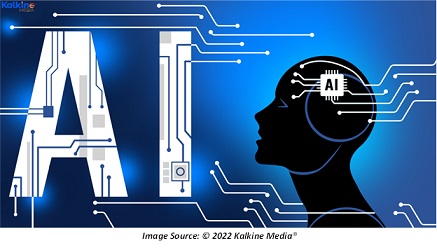 Technology has an undeniable impact on travel and tourism, and this impact has only increased with time.
Technology has an undeniable impact on travel and tourism, and this impact has only increased with time.
Over the last few decades, this impact has become more pronounced as new IT services have come into the picture. These services are changing the game and are raising competitiveness among travel companies.
Travel and technology have become so well integrated that every little booking in today’s time is made with the help of technology. From airline tickets to hotel bookings, everything is available with just a tap of the fingers.
Newer IT solutions also cater to the e-commerce needs of businesses and help utilise technology in a better way. These services also help ensure that customers have a seamless experience and can manage their bookings in an efficient way. Despite the ongoing revolution, a wider technological boom is expected to hit the travel industry, giving rise to travel tech.
Here is a look at what this might entail.
What is travel tech?
The definition of travel technology can be boiled down to using technological services to plan a trip. It is an efficient system that makes managing bookings easier for travel companies. Computerised reservation systems (CRS) help achieve the target of managing hundreds of bookings in real time. These systems store and retrieve data in such a way that the booking system can be easily streamlined.
In essence, travel technology enables the automation of bookings, payments and all the interlinked processes. It is a faster way of communicating between customers and tourism provider companies. Some might say that travel tech has the potential to remove the need for a travel agent.
Many companies have increasingly adopted travel tech due to the efficient mechanism that helps customers conduct their bookings.

How is travel tech used?
There are several ways in which technology is integrated into travel:
- Mobile technology: Cell phones have undoubtedly been the biggest facilitator of change for the tourism industry. Digital maps and travel apps are becoming the new guiding light for potential travellers. Mobile technology has been the biggest aid for travellers as it brings all trip-related information highly accessible to users.
- AI and chatbots: Artificial Intelligence has changed many industries and helped ease the automation process. Chatbots also help deliver personalised services to users and help solve their queries one at a time. AI tools also help understand the requirements of customers and the booming preferences across the travel sector.
- Virtual Reality: Virtual Reality (VR) is another advanced technological revolution that has changed the game for the travel sector. Users can take a virtual tour of hotels and travel destinations even before reaching there. Augmented reality also helps conduct fun activities across these locations.
- Internet of Things: The Internet of Things (IoT) is another modern-day tool that helps enhance user experience during trips. Hotels that utilise IoT are able to control various aspects of their hotel rooms with just their smartphones. These include lights, thermostats, TVs, etc.
- Big data: Some hotel chains also utilise information about their guests to make their stay a more fulfilling one. This information forms a part of big data, which helps companies in their marketing campaigns.
SOURCE – KALKINE MEDIA















